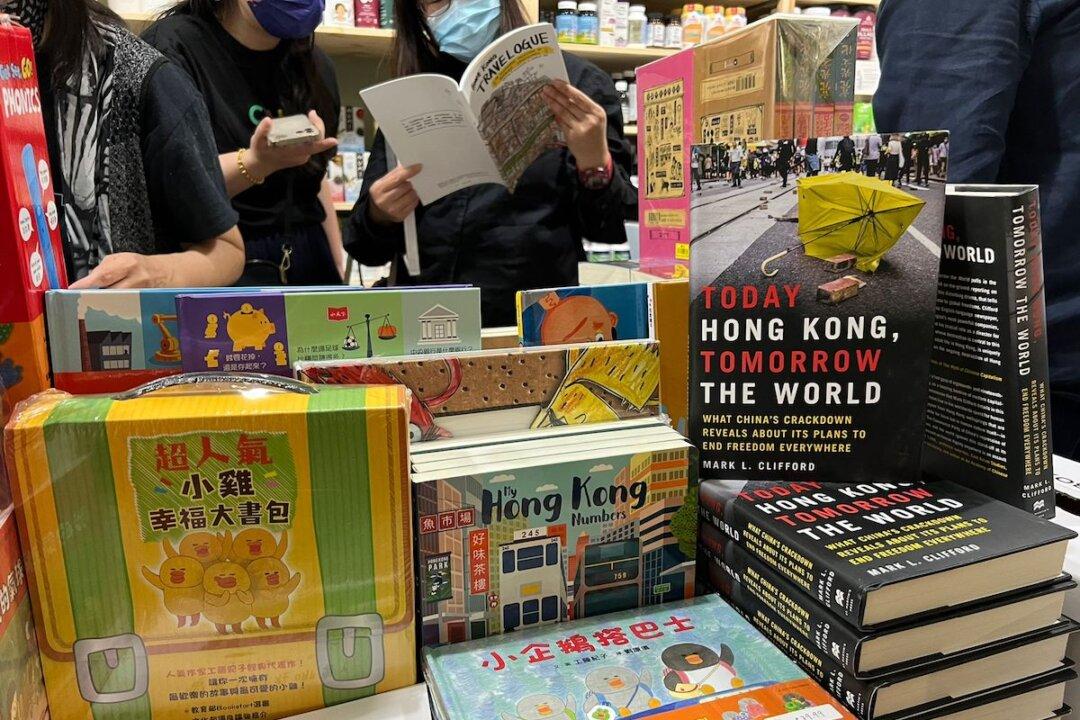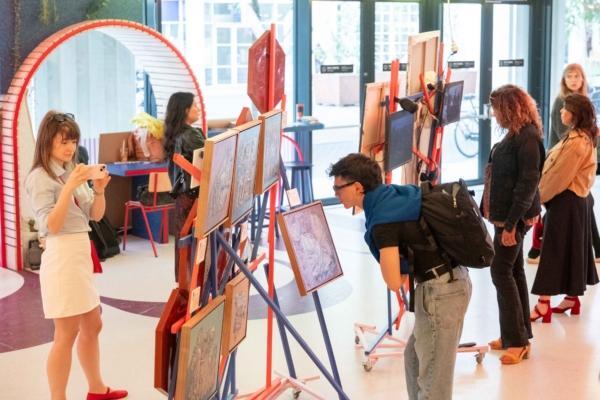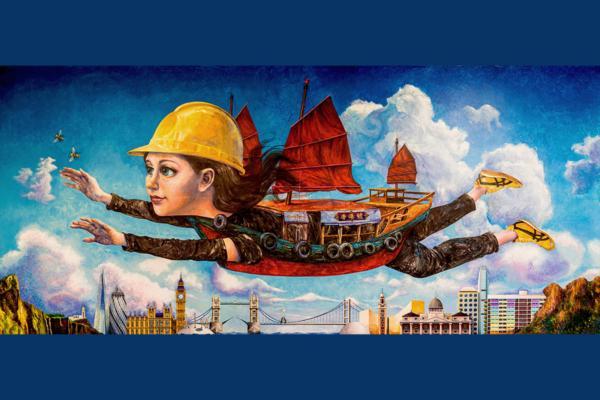While the national security law (NSL) shrivelled the Hong Kong Book Fair, its spirit was carried on in Toronto, when the first Hongkongers Book Fair took place in early July.
The Hong Kong Book Fair, held in July every year, used to be one of the largest of its kind in Asia. Since the NSL was imposed, many local publishing companies were barred from joining the fair. With the indiscriminate “red lines” freedom of speech was in danger, which forced authors and book reviewers to move overseas. They ran forums and book fairs as a voice out for freedom.




